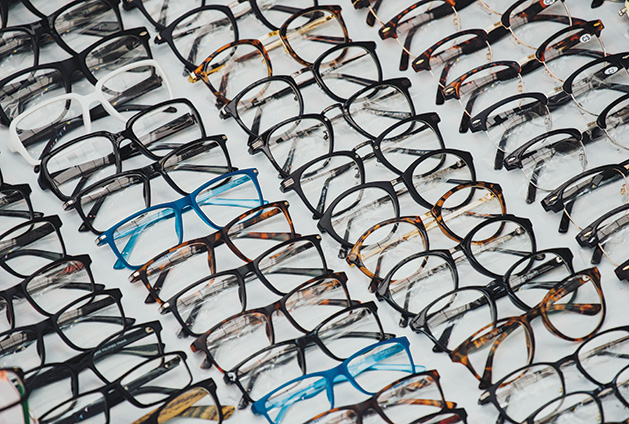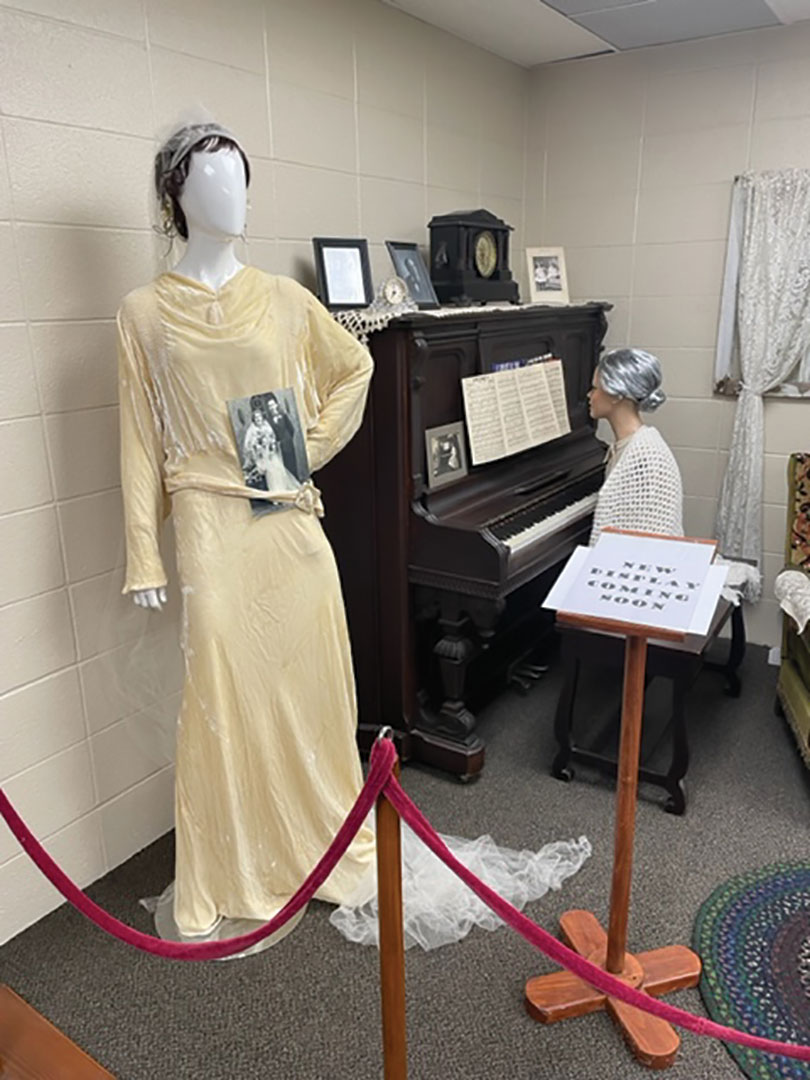
Unsplash/chuttersnap
Londa Fischer, O.D., of North Star Eye Care shares some important information about eye care.
Peepers. Peekers. Visual Seekers. Call them what you will, but all eyes need proper care, and we just sometimes forget to take into account what that means. In practice since January 2017, Londa Fischer, O.D., of North Star Eye Care shares some important information, which is a starting point for proper optic care.
What do people overlook when it comes to their eyes?
People forget or often don’t realize the importance of yearly, routine eye exams, even when you have perfect vision. There are many eye diseases that can cause blindness without any warning symptoms before vision loss has already occurred. The only way to detect these diseases early is with routine eye exams.
Another overlooked issue is the importance of strict contact lens care. Patients often over wear their contact lenses, which can lead to inflammation, redness, eye pain, contact lens intolerance, infections and corneal ulcers. I regularly prescribe daily disposable contact lenses to circumvent these issues. Daily disposable contacts are a convenient, comfortable alternative to disposable (two week or monthly replacement) or extended wear contacts.
What should one look for in sunglasses?
Sunglasses are incredibly important for overall ocular health. Sunglasses protect your eyes from harmful UV rays that can cause cataracts, macular degeneration, growths on the front part of your eye and even ocular melanoma. Sunglasses should be used year round.
When purchasing sunglasses, look for lenses that block 99 to 100 percent of both UVA and UVB. There are many options in lens choices; consider when you will be using the sunglasses when deciding on the best lens choice. Polarized lenses are a great choice to reduce glare off surfaces, such as pavement and water. Amber, green or gray lenses add contrast for sports, such as golf or baseball. Larger or oversized frames reduce UV rays from entering the eye from the side. Wide-brimmed hats or visors also provide eye protection by blocking UV rays from entering the eye from above.
What urgent care situations do you see in the office?
I see a wide variety of situations, most often having to do with contact lens over wear that causes pain and light sensitivity but also foreign body removal, sudden onset vision loss or ocular pain.
Why not just order glasses online?
While ordering glasses online can be convenient, many times the glasses are not measured correctly [and] made generically to fit most people, not the individual. This can lead to headaches, dizziness and a ‘fishbowl’ effect with the new glasses. If the frame is chosen without trying it on, patients can end up dealing with issues, such as sore spots, frame slippage or ‘too tight’ of a fit. A fitting by a trained [staff person] ensures that the frame will be a good fit, and the lenses will be measured correctly for each individual patient.
Do glasses that reduce glare from computer screens really work?
Glasses that are made to reduce glare and block harmful blue light are extremely useful in today’s workplaces. The lenses that we recommend are the Eyezen lenses. They reduce glare, have a blue light filter and reduce eye fatigue. People today are using their phones, computers or other devices more than at any other time in history. The anti-glare not only helps on digital devices, but also sharpens nighttime driving, reduces the ‘halo’ effect and clarifies everyday vision, as well. The blue light filter helps protect a patient’s eyes from harmful blue light. There is a small boost in the lens that relieves eye fatigue and helps to reduce headaches or tired eyes at the end of the day.
Easy on the Eyes
From birth through any age, precaution saves sight.
- Eat Right: Include foods that contain Omega-3 fatty acids, zinc, lutein and vitamins C and E (e.g. spinach, kale, salmon, nuts, eggs, citrus fruits and oysters).
- Don’t Smoke: Smoking is linked to cataracts and macular degeneration.
- Cast Some Shade: Wear sunglasses—all year.
- Take a Break: When working on digital devices, pause for a bit.
- Check In: Schedule annual exams to help diagnose problems early.






















